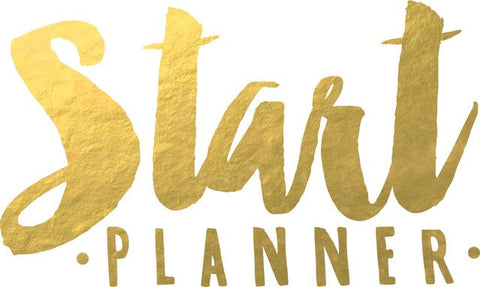No Plan Survives First Contact with the Enemy
Never Rely on Your Plan
Once you go from the planning phase to the execution phase, you must be willing and able to adapt to the challenges that life throws at you. This is what separates those who succeed from those who fail. It’s extremely rare for everything to go according to plan. If you’re able to create a plan that is 100-percent accurate, you could just make a living as a fortune teller.
Here’s an example – let’s say there is a small business owner who is planning to launch a new product. He maps out the market research he’ll do, the product development, the focus group evaluations, how he will sell the product, and how he will market it. He has done everything right by planning this out in advance, so he’s off to a great start, but odds are none of these phases will go as he planned.
Product development could be costlier than he estimated. He’ll need to either adjust the product to cut costs, or set a higher price for the product so he still has a suitable profit margin. The focus groups could provide negative feedback on the product. He can’t just stick to his plan if that happens, because he may be launching a product that turns out to be a dud and loses him money. It would be smarter to use that negative feedback to modify the product, and then bring in focus groups again to see if the changes result in a better-received product.
Being Adaptable
When you deal with an unexpected challenge, accept it and find a way to handle it. Keep track of your results so that you can see what’s working and what isn’t, and adjust accordingly. A planner is a great way to do this. You can write your goals in your planner, and then note your results as you work towards those goals. Instead of planning rigid steps on what you’ll do, go with a more general plan that allows you plenty of room to improvise when needed.




Leave a comment